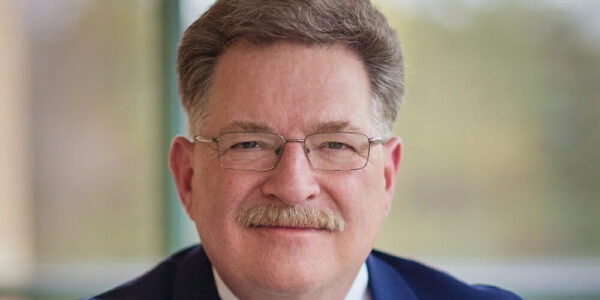“The best devotion is the discovery of a new idea.”
The speaker paused to scan the upturned faces of 150 college students who looked at him with puzzlement. He repeated the line— slowly—for emphasis: “The best devotion is the discovery of a new idea.”
We weren’t so much opposed to what he said as struggling to assess its truth against our years of trying to practice a consistent devotional life. At 19, 20, and 21, college students serious about their faith don’t often understand their daily time with God as a venue for experiment or innovation. Anything so vital as connecting with the God of the universe required pattern, rhythm, sameness—or so we thought. You rise at 5:00 a.m.; begin your day with earnest prayer; open up God’s Word to spend a thoughtful hour; and end with prayer informed by the reading of the Word.
What was this new idea of which the preacher spoke?
In kindness, he unpacked his challenging expression. Devotional life, he reminded us, too frequently devolves into expected and unchanging routine. The structures we construct for how we pray and how we read God’s Word are often built on time, not quality: we meet our goal if we endure an hour, or even half of that.
But a God of such enormous creativity, a God who made the intricate complexities of the human brain—and cherishes the neurons He created—is best met when we grow passionate about some new way we encounter Him. Routine and rhythm have their place, but the Father seeks a vital and dynamic relationship with both prodigals and elder brothers—where something happens that invests new life in us, new power, and opportunities to grow.
Like Luther, we may find the truth of grace while climbing up the stair of ritual. Like John Wesley, we will learn that our hearts, too, may be “strangely warmed” when we discover love so vast and deep we have no category to contain it. Like Ellen White, we can begin to practice what she so often called “experimental religion.” “Instead of relying upon the word of another, taste for yourself. Experience is knowledge derived from experiment. Experimental religion is what is needed now. ‘Taste and see that the Lord is good.’”¹
The sanctified curiosity that faithfully asks “Why?” and “How?” and “When will you restore Your people, Lord?” gets answers from a Lord who delights in being asked what we consider “hard things.” The Bible’s record of the faithful questions framed by those who knew God well—in Job, in Psalms, in Lamentations—reminds us that a question mark (?) can be as fully a symbol of faith as an exclamation point (!).
Each time that we grow passionate about God—each time we seek a deeper life of holiness and worship—our daily time with God is reinvigorated. “He who did not withhold his own Son, but gave him up for all of us, will he not with him also give us everything else?” (Rom. 8:32, NRSV).²
As you read this bright, new issue of Adventist World, pray for the grace to faithfully experiment in building a revived, renewed relationship with Jesus.
¹ Ellen G. White, God’s Amazing Grace (Washington, D.C.: Review and Herald Pub. Assn., 1973), p. 252.
² Bible texts credited to NRSV are from the New Revised Standard Version of the Bible, copyright © 1989 by the Division of Christian Education of the National Council of the Churches of Christ in the U.S.A. Used by permission.



